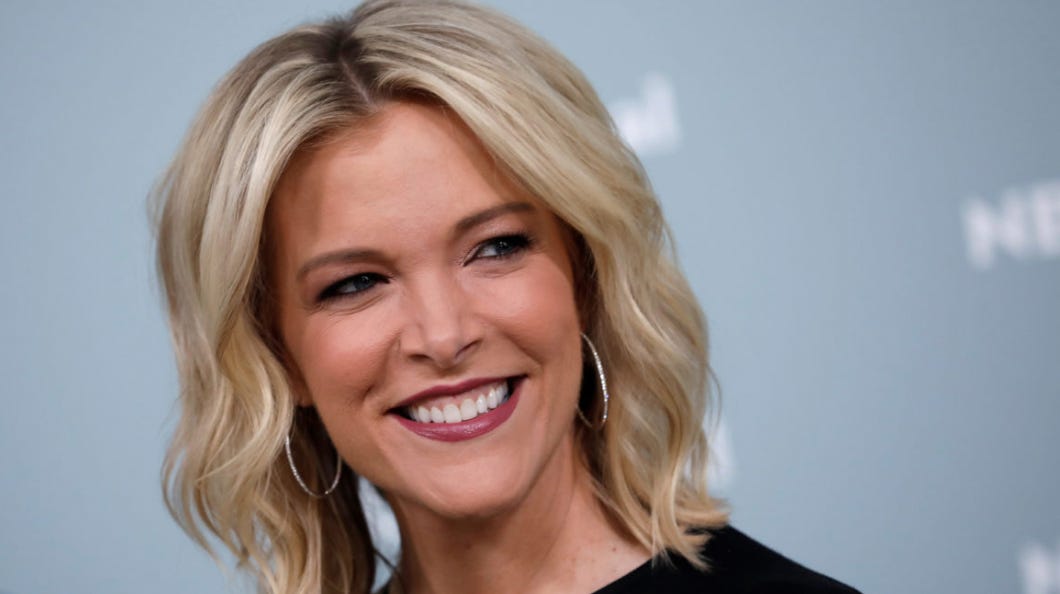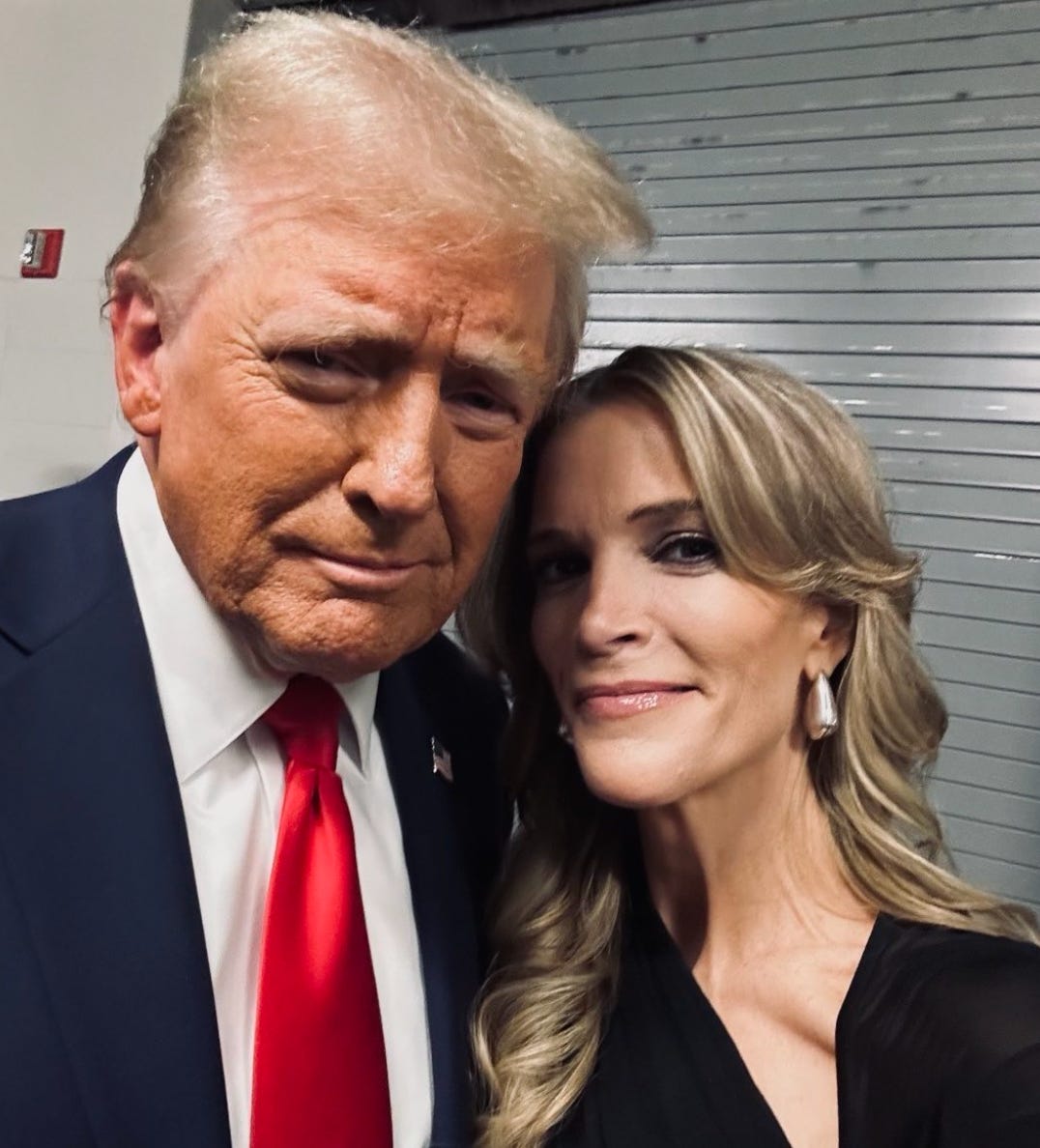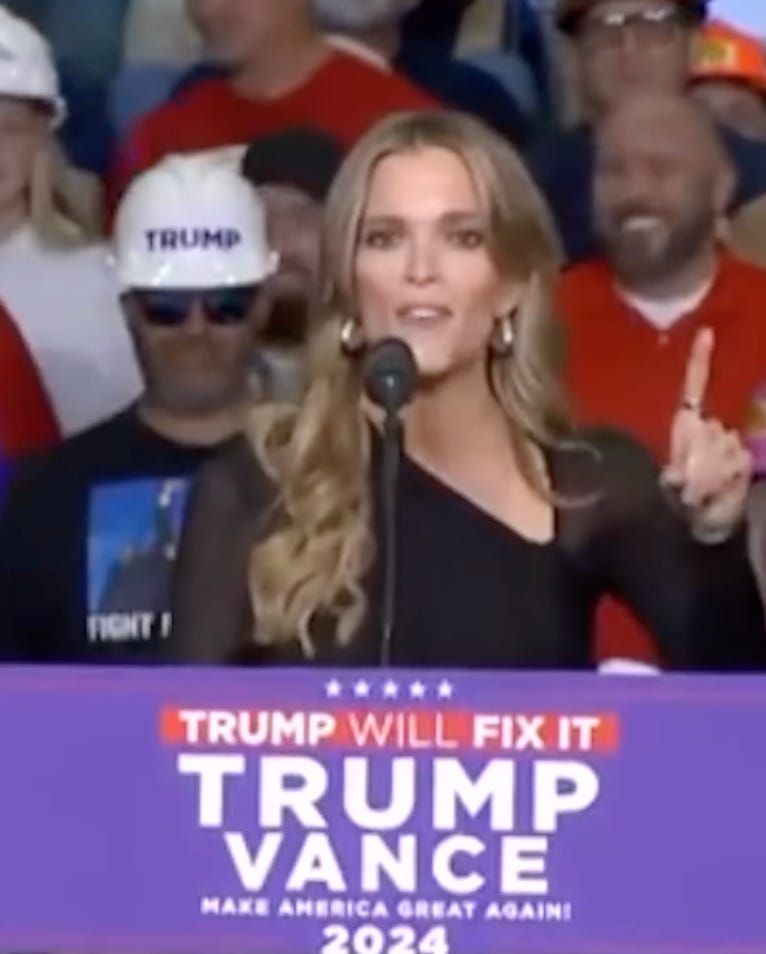They voted for the economy. That’s what they want me to believe. Forgive me, I do not. To be clear, I understand that the economy is not great for a lot of people. But what I do not understand is why this economy is markedly different than the economy of the last forty or so years. Forty years ago, the rich had a lot and the poor had a little. Eight years ago, the rich had a lot and the poor had a little. Four years ago, when Donald Trump was president, it was the same. Today, it’s the same. But one party consistently works for the poor and one does not. (And yes, Republicans, I hear your snarky responses and, to a certain degree I agree with them but for opposite reasons.)
If anything, we’re in boom times. Low unemployment, good growth, interest rates at reasonable levels, gas prices down from their peaks and currently roughly in line with historical averages (which have remained remarkably consistent over decades, when adjusted for inflation). Consumer inflation is also down from its post-covid peaks, although, yes, many goods do remain higher-priced than they were in 2020. Domestic manufacturing jobs have returned in record numbers. The stock market has hit record high after record high.
So you can tell me it’s the traditional economy, and I believe that you want to believe that because you believe it absolves you from embracing Trump’s darker promises and destructive rhetoric. If it’s just dollars and cents then you can wave your hands at all the rest of it. The free market will probably take care of it or something, right? But here’s what I want you know: it will not and no, you are not absolved. Policy always follows personality. So you can tell me it’s “the economy,” but I don’t think that’s exactly what you mean. Instead, I think Americans are rejecting what I’m going to call “the cultural economy,” which I will define as the total cultural output of the United States of America, as consumed domestically and abroad.
When we look at the cultural economy and what it has produced in the last forty years, we see a lot of churn. Until the mid-1960’s, our cultural economy was relatively stable. Since then, not so much. Black rights, women’s rights, gay rights, and now trans rights. What do they all have in common? They all share a lack of prosperity in the traditional cultural economy. We can use other names for prosperity if you prefer: representation, power, simple respect. In many cases, however, the prosperity is literal. As we’ve been reminded in recent days, until 1974 women couldn’t even own their own credit card.
Too many of us believed that the expanding cultural economy, like the general American economy, has been working. Millions of Americans now enjoy opportunities that would have been unthinkable for them less than half a century ago. People like me look at that progress and believe an expanding cultural economy, which includes things as simple as representing different kinds of people in movies and on TV commercials, also benefits the general economy because more people are able to invest in the nation. For many Americans, though, what I see as a benefit they see as a cost. What is the cost? The supremacy of their cultural cache, in whatever way they define it. It’s a price they’re unwilling to pay.
When I hear people like the commentator Megyn Kelly say, as she did, that “boys playing girls’ sports” is a top issue for her, I have to question why? Without commenting on whether or I not I think questioning of the fairest way to include everybody in sports participation is a fair question, why is this such a big issue for Megyn Kelly? Why did she once absurdly insist that “Santa is white?” Why did she support Donald Trump after he trashed her – “blood coming out of your wherever”? Because, for Megyn Kelly and millions just like her in whatever way you define it, the cultural economy no longer works.
That’s the time to which they want to return, that mystical time of American “greatness” which cannot be quantified by decade, perhaps, but can be quantified if we want to identify when the cultural economy best supported the Trump voter; it was pretty much every year before the early to mid-1960’s. Making America great again is about returning – not the economy or even the blatant racial injustices – but to a time when everybody knew their place.
I say that with some unkindness, but I don’t mean it in an entirely unkind way. The truth is, things are easier in rigid hierarchies. Everybody does know their place. The rules may be unfair, but at least they’re consistent. Now, the rules feel as though they’re changing by the day. Women can work? Well, of course they can! You’d be a fool not believe in that! A Black guy can be president? Ok, sure… wait, gay people can get married now? What do you mean you’re changing your pronouns? Is that allowed? Apparently, it is. It all kind of adds up, does it not?
So when white people, who, again, voted decisively for Trump, swear up and down that they’re not racist or homophobic or transphobic or all the other phobics they’ve been accused of being, I believe them. In the general sense, I believe them. But I also think they’re denials are than a touch incomplete.
It's not that they have ill will towards any one group, necessarily, but that they resent and fear the pace of change that has – in their eyes – suddenly elevated everybody except them. It’s not any one thing, it’s (waving arms wildly) all the things. So when they say “the economy,” they’re correct to point out that real wages are stagnant, manufacturing jobs have been shipped overseas, etc. etc. but that’s true for a lot of groups that didn’t vote Trump. What’s the difference? The first group believes others are getting “preferential treatment” over them. Most people the former groups would obviously disagree with the sentiment, preferring to believe that they’re belatedly receiving what those with greater cultural prosperity had been getting all along.
I also think it’s why his message resonates with so many people for whom it shouldn’t. Because there are some people in the “out” groups who are uncomfortable with some of the other cultural economy issues, and because a man might accept a more constricted role in the culture if others pay a higher price than him. At least in a rigid hierarchy, a man knows where he belongs.
It's not the economy, Stupid.
When they say that times were good under Trump, what do they mean? Unemployment now is about where it was then, maybe even better. Inflation is up we know, but it was up everywhere around the world, and ours is lower than theirs. We keep making that point, and they keep pretending not to don’t hear it. Why? So what was different about the Trump economy? I can tell you. While it was roughly the same then as it is now (when excluding for covid on both sides), the difference is that the Trump economy left the general economy unchanged for most of those in the middle and lower classes but he restricted the supply of empathy. They raised the price on giving a shit about your fellow man. They made it cheap to hate. And a lot of America bought in.

The cultural economy, with its hip-hop and hyper-sexualization and purple hair and skirts cut too short and Heather Has Two Daddies and people yelling at each other on YouTube and all of our culture’s maddening contradictions, is America’s gift to the world. I mean that both ironically and unironically. (I don’t know what the word is for when you half mean something and half very much don’t.)
Our public debates end up becoming the world’s. And every single time we have made life better for some, life has gotten better for all Americans. Every single time. Because expanding the rights of one group expands the rights of all. And sometimes, countries follow our lead. When we do this, we also move ourselves closer to a true meritocracy when we make the barrier to entry as low as possible for as many as possible. Some people don’t like that. Guess who? So no, it's not the economy, Stupid.
As I mourn the promise of what could have been under a Harris/Walz administration, it’s worth remembering that Trump would almost certainly have been re-elected had the pandemic not occurred. For all of his incompetence at home and on the world stage, for all of his lies, for all of the chaos and drama, I have no doubt he would have won again. Because, as we saw this week, most of America rejects the new cultural economy. They want a return to the old days, and now they’re likely going to get it. We’re so stupid.






Come to Australia. Honestly. I know it might be hard uprooting your family but I promise life is better here. I am distraught for everyone in America who is upset with this outcome. I want to throw you all a lifeline. Please come. We want you, we will look after you. You can still care about your country but way away where you won't have to face the pain every day. Please come. And if you can't come please stay safe and sane xxx
"he restricted the supply of empathy. They raised the price on giving a shit about your fellow man. They made it cheap to hate. And a lot of America bought in."
So well put. There's such a an overwhelming lack of empathy for or even interest in the welfare of other people.